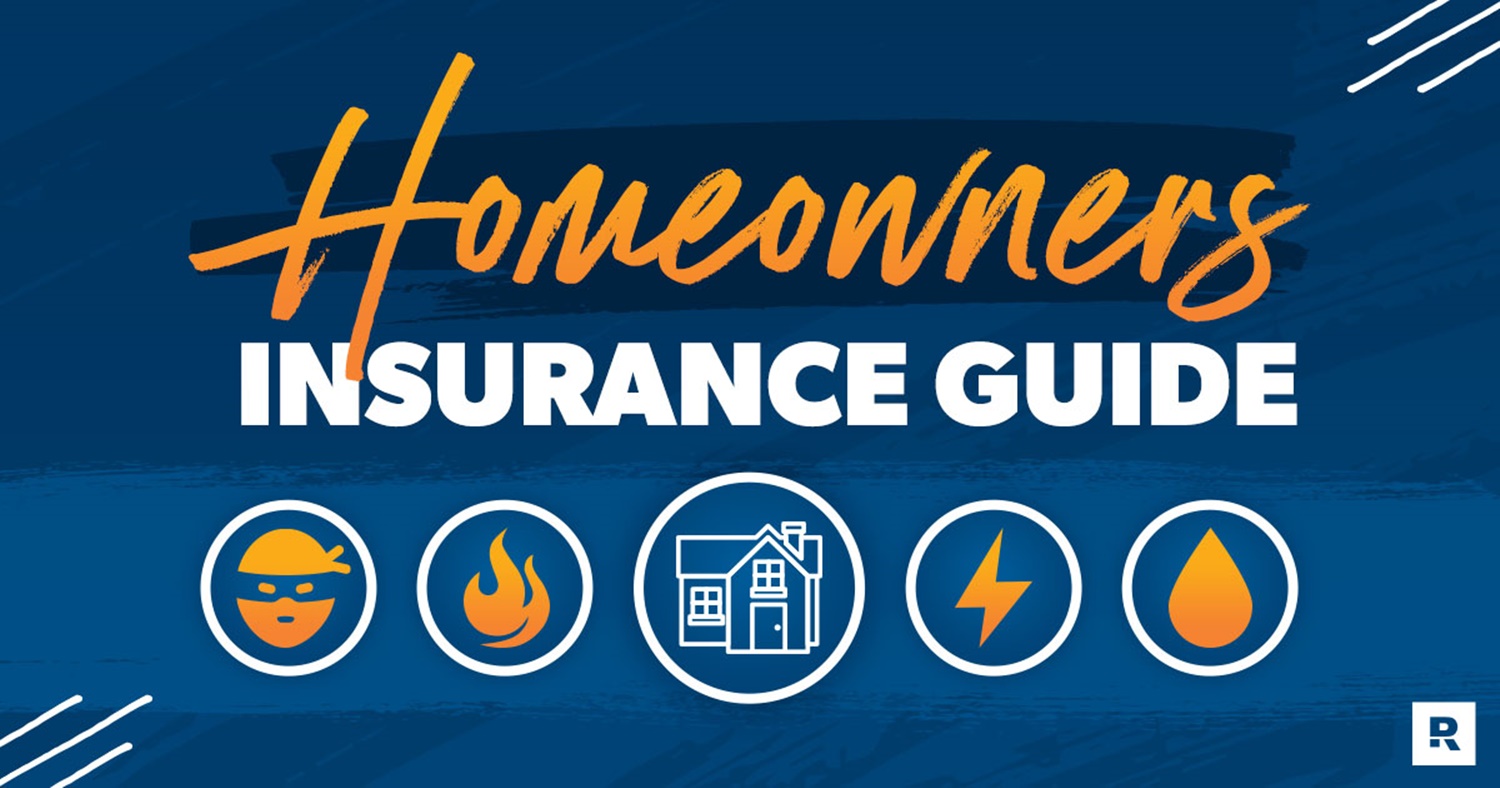Foreign investment in the United States real estate market is picking up again. If you’re interested in investing, then there are a few things you’ll want to keep in mind. For one thing, home and property prices have soared in the U.S.
As a result, some foreign investors are financing their real estate purchases with loans instead of paying cash. International buyers don’t have some of the loan options that are available to U.S. buyers, but many banks will work with foreign nationals.
To help you get started, here are the current real estate trends and financing options, including ways to invest with no money down.
Current Real Estate Investment Trends
Before 2020, foreign real estate investors were very enthusiastic about office properties. Offices in central business districts, in particular, were of great interest. But Deloitte says that has changed recently.
Now, international investors have increasingly shifted their focus to industrial and multifamily properties. While trophy offices in cities like New York were once top targets, distribution centers in places like Phoenix have become more attractive.
Perhaps expectedly, retail properties have also lost some luster. Internet shopping, inconsistent consumer spending, and long-term work-from-home policies have all played roles in the shift away from investing in retail real estate.
Moving Away from Major Metro Areas
In the same way that international investors have changed what they’re buying, they’ve also changed where they’re buying. For instance, Deloitte says between 40 and 50 percent of foreign investments were in Boston, Chicago, Los Angeles, New York, San Francisco, and Washington, D.C. before 2020. However, since then, only 27 percent of foreign investments have been in those major metropolitan markets.
Instead, new markets make up a larger portion of investments. Namely, sunbelt cities like Austin and Charlotte are garnering more interest.
No Fannie Mae or Freddie Mac
If you want to invest in U.S. real estate, then you’ll need to get your financing sorted. Unlike American buyers, foreigners aren’t eligible for Fannie Mae and Freddie Mac mortgages. Instead, international investors often pay cash for a property.
According to Investopedia, many big-name banks and lenders will lend to foreign buyers. Rather than issuing conventional mortgages, they typically offer non-conforming loans with higher interest rates.
As noted, foreign nationals can’t get Fannie Mae or Freddie Mac mortgages. However, there is an exception for those who work legally in the United States. Whether you have a temporary work visa or a green card, you can qualify for Fannie Mae and Freddie Mac loans.
What to Know About Loans and Lenders
If you take out a loan to purchase property, then there are a few things to keep in mind.
Firstly, higher interest rates aren’t the only thing international investors contend with when getting a loan. Investopedia reports lenders often ask foreign buyers for bigger down payments.
Additionally, the approval process can be more complex and take longer for foreigners. A U.S. buyer typically provides their tax return and credit report to verify income. As a foreign applicant, lenders will likely ask for tax returns filed in your home country, bank statements, and perhaps even credit card statements.
Ways to Invest with No Money Down
If a down payment is a hurdle, then look into ways to get around it. For instance, you could bring in partners. LegalZoom suggests no more than two partners because it can get complicated. You can agree to oversee the deal and manage the property in exchange for their money.
If that isn’t workable, then you could take out a loan to cover the down payment. Alternatively, the seller may be open to a higher purchase price in lieu of a down payment, you could attempt to negotiate the amount, or you can offer to pay in installments.
There are also creative approaches that may work. For example, you could see if the seller would accept valuable personal property instead. Potential down payment replacement ideas include cars and property you already own.
Keep Taxes in Mind
Unlike domestic buyers, international investors need to consider more than one country’s tax laws. Since different countries have various tax treaties with the United States, you’ll want to do some research. In fact, you may want to work with a tax advisor for guidance.
Nomad Capitalist recommends hiring a tax preparer who has experience working with international investors. Taxes aren’t something to take lightly, so it’s important to ensure they’re done properly. You don’t want to incur any penalties.4
When you eventually sell the property, you’ll be subject to U.S. capital gains taxes. Investopedia says, “the U.S. Internal Revenue Service (IRS) will automatically withhold a percentage of the gross purchase price and then adjust accordingly when you file your U.S. tax return.”
Protect Your Investment
You’ll want to take steps to protect your investment from litigation risks. Depending on where you live, litigation may not be a significant concern at home. But as Nomad Capitalist puts it, “in the United States, people love to sue each other.”
As a result, consider hiring an attorney to help you structure things properly and figure out the insurance you need. Setting up a limited liability company (LLC) is a common method for protecting assets. An LLC can help protect your other assets.5
Many people also use an LLC to hold their property because it can be a tax-efficient structure, depending on where you live. You may be able to hold multiple properties in one LLC, but you may need to have additional LLCs if you invest in multiple states.
Who’s Investing in U.S. Real Estate?
According to Deloitte, Canadians have historically made up the largest share of foreign real estate investors in the United States. Given the close proximity, that isn’t unexpected. While Chinese buyers used to invest in a lot of U.S. real estate, that has slowed because of the Chinese government’s deleveraging initiatives.
CNBC reports that overseas buyers are flowing back into the U.S ever since travel restrictions lifted. In November 2021, brokers in cities like Miami and Los Angeles were inundated with foreign buyers wanting to schedule showings. Specifically, European, Brazilian, and Indian buyers were eager to invest in U.S. real estate.
But they aren’t the only places with a growing interest in U.S. property. According to Arabian Business, investment in the U.S. real estate market from the Middle East more than doubled in 2019. So, Arab buyers also frequently diversify their portfolios with U.S. real estate.
How to Get Ready to Purchase
If you’re new to investing in U.S. real estate, then navigating the market may seem complicated. That’s why it can be incredibly helpful to hire a real estate agent who specializes in handling deals for international buyers. They can provide advice and help make it a smooth process.
You’ll want to make sure all of the paperwork is done correctly and that you understand the tax implications. So, also consider hiring a real estate attorney and tax advisor who are experienced in working with international clients.
Before you can purchase U.S. real estate, you’ll also need to get an Individual Taxpayer Identification Number (ITIN). The Internal Revenue Service issues ITINs to people who aren’t eligible for Social Security numbers. If you decide to finance your purchase with a loan, the lender may need your ITIN.
The Bottom Line
While investing in U.S. real estate can be a great way to diversity your portfolio, rising property prices may make cash purchases difficult. If a cash purchase is unfeasible right now, then you can look into taking out a loan from a lender. Although you don’t have all of the options that U.S. buyers have, it is possible to obtain a mortgage.
Whether you want to buy a multi-family rental, industrial property, office building, retail space, or even a vacation home, navigating the U.S. real estate market and securing financing might seem challenging at first. However, taking some time to research your options and assembling a team of experienced real estate and tax professionals can help.


